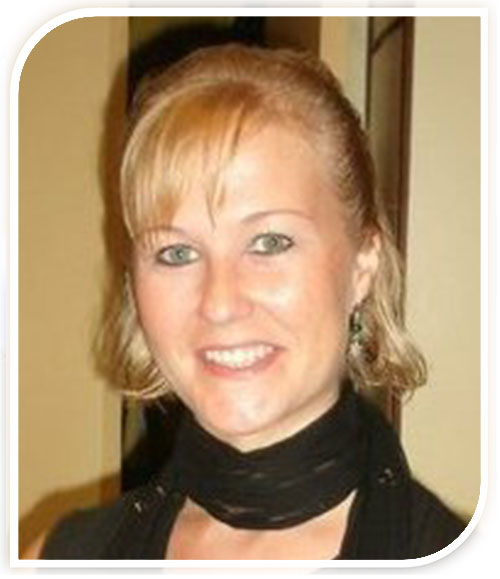The Short Oral Contribution Award was delivered to Dr. Satu Pekkala
 During the Targeting Microbiota 2019 congress, which was held in Krakow, Poland, the Scientific Committee awarded Dr. Satu Pekkala, from University of Jyvaskyla, Finland, for her Oral Presentation entitled "Targeting Faecalibacterium prausnitzii with prebiotic xylo oligosaccharides prevents from Non-Alcoholic Fatty Liver Disease (NAFLD)"
During the Targeting Microbiota 2019 congress, which was held in Krakow, Poland, the Scientific Committee awarded Dr. Satu Pekkala, from University of Jyvaskyla, Finland, for her Oral Presentation entitled "Targeting Faecalibacterium prausnitzii with prebiotic xylo oligosaccharides prevents from Non-Alcoholic Fatty Liver Disease (NAFLD)"
The study presented by Dr. Pekkala identifies F. prausnitzii as target treat NAFLD and the underlying preventive mechanisms that involve fat oxidation and glucose metabolism.
Testimonial by Dr. Pekkala:
" I am very honored for this award and I congratulate the International of Society of Microbiota by organizing the congress 7th Targeting Microbiota full of excellent presentations. I have always thought that the gut microbiota studies should advance from detecting associations to show mechanistically the biological significance of the detected associations. This is needed to be able to target the microbes to treat different diseases in the future. Therefore, I am thrilled to see the development of the gut microbiota studies from year to year in this congress!
I am currently Academy of Finland Research Fellow at the Faculty of Sport and Health Sciences, University of Jyväskylä, Finland. I am also Adjunct Professor at the Faculty of Medicine, University of Turku, Finland. My research team has discovered that a specific gut bacterium, Faecalibacterium prausnitzii associated with liver fat content in humans. We treated a murine model of fatty liver with this bacterium and found that it was able to prevent the disease. Unfortunately, the potential therapeutic microbes are not always accepted for human use and therefore it is important to find alternative ways to increase their natural abundance in the gut. As I presented in the congress, we found a prebiotic fibre that increased F. prausnitzii in vivo and at the same could prevent fatty liver in rats. We are currently setting up a human study to see whether our findings can be translated to humans."
Media center:
International Society of Microbiota
Contact: [email protected]
www.microbiota-site.com
























































